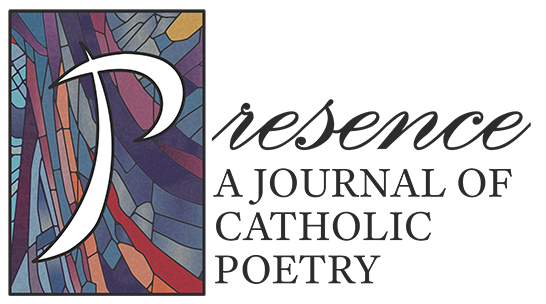Associate Editor
Lois Roma-Deeley
Lois Roma-Deeley is the author of four full-length books of poetry, most recently, The Short List of Certainties, winner of the Jacopone da Todi Poetry Book Prize (Franciscan University Press). She is the author of three previous collections of poetry: Rules of Hunger, northSight, and High Notes--a Paterson Poetry Prize Finalist. Roma-Deeley's poems have been featured in numerous literary journals and anthologies, nationally and internationally. She has served as a creative writing contest judge at the local, state, and national levels, including the Arizona Poetry Society Award and the 2012 Binghamton University John Gardner Fiction Book Award. From 1995-2005, she served as poetry editor for PKP Forum (formerly National Forum), a quarterly publication of the Phi Kappa Phi Honor Society, with approximately 120,000 subscribers. Roma-Deeley has been the recipient of numerous awards and honors for her poetry, including an Arizona Commission on the Arts, Artist Research and Development Grant and a 2015 nomination for the ariZoni Award for Theatre Excellence, having written the script and lyrics for the music drama The Ballad of Downtown Jake, based on her poetry collection, High Notes. In 2012-2013, she was named U.S. Professor of the Year, Community College, by the Carnegie Foundation for the Advancement of Teaching and The Council for Advancement and Support of Education (CASE). She founded the creative writing and women's studies programs at Paradise Valley Community College, where she has taught creative writing to graduate and undergraduate students and community members for many years and is now professor emerita.
Poetry is the heart beat of a culture. Poetry crystallizes that which we often only sense or intuit. It teaches us to pay attention. It challenges. It moves inside us. It takes us elsewhere. And great poetry changes us in ways that some may define as being very much like grace. Presence publishes the very best in contemporary poetry. It is a forum for the bold, the unexpected, the beautiful and the necessary poetry of our time and place.
http://www.loisroma-deeley.com/
Former Associate Editor, Presence 2017
Maryanne Hannan
Maryanne Hannan is a writer and poet. Her essays have appeared in Living Faith, Words of Life, Forward: Day by Day, Emmanuel, The Word Among Us, Catechumenate: A Journal of Christian Initiation, Spiritual Life and Sacred Journey. She has published numerous book reviews and interviews in Anglican Theological Review, QLRS (Quarterly Literary Review Singapore), Sentence, Triquarterly Online, Web del Sol Review of Books. Some of her reviews have been featured on Powell’s Review-a-Day site. In recent years, she has concentrated on poetry, publishing in numerous journals including 111O, Adanna, Anglican Theological Review, ARTS: The Arts in Religious and Theological Studies, Broad River Review, Christian Century, Christianity and Literature, Copperfield Review, Gargoyle, Magma, Minnesota Review, Mom Egg Review, Naugatuck River Review, Oxford Poetry, Pirene’s Fountain, poemeleon, Rabbit, Rattle, Relief, Ruminate, Seminary Ridge, Sentence, Spiritus, Stand, The Cresset, Upstreet, Verse Wisconsin, The Windhover, WomenArts Quarterly Journal and several anthologies, including Letter to the World: Poems from the Wom-po Listserv (Red Hen Press, 2008), The Cento: A Collection of Collage Poems (Red Hen Press, 2011), St. Peter's B-list: Contemporary Poems Inspired by the Saints (Ave Maria Press, 2014), The Great American Wise Ass Poetry Anthology (Lamar University Press, 2016), The World is Charged: Poetic Engagements with Gerard Manley Hopkins (Clemson University Press, 2016). She taught Latin at area schools, including the University at Albany, SUNY, and Siena College, Loudonville, New York.
I’m excited about Presence: A Journal of Catholic Poetry and its potential for fostering community among Catholic poets and readers alike. To proclaim oneself a journal of Catholic poetry strikes me as brave. Especially when the goal is not to exclude other voices, as Presence’s mission statement makes clear. It’s more about clearing a space where specifically Catholic references can be understood and appreciated without footnotes, where the rich intellectual history of the Catholic Church is still relevant. Where the invisible, when approached, is accessed through the visible. I’m tempted to say “made manifest,” but better leave that to the poets themselves.


